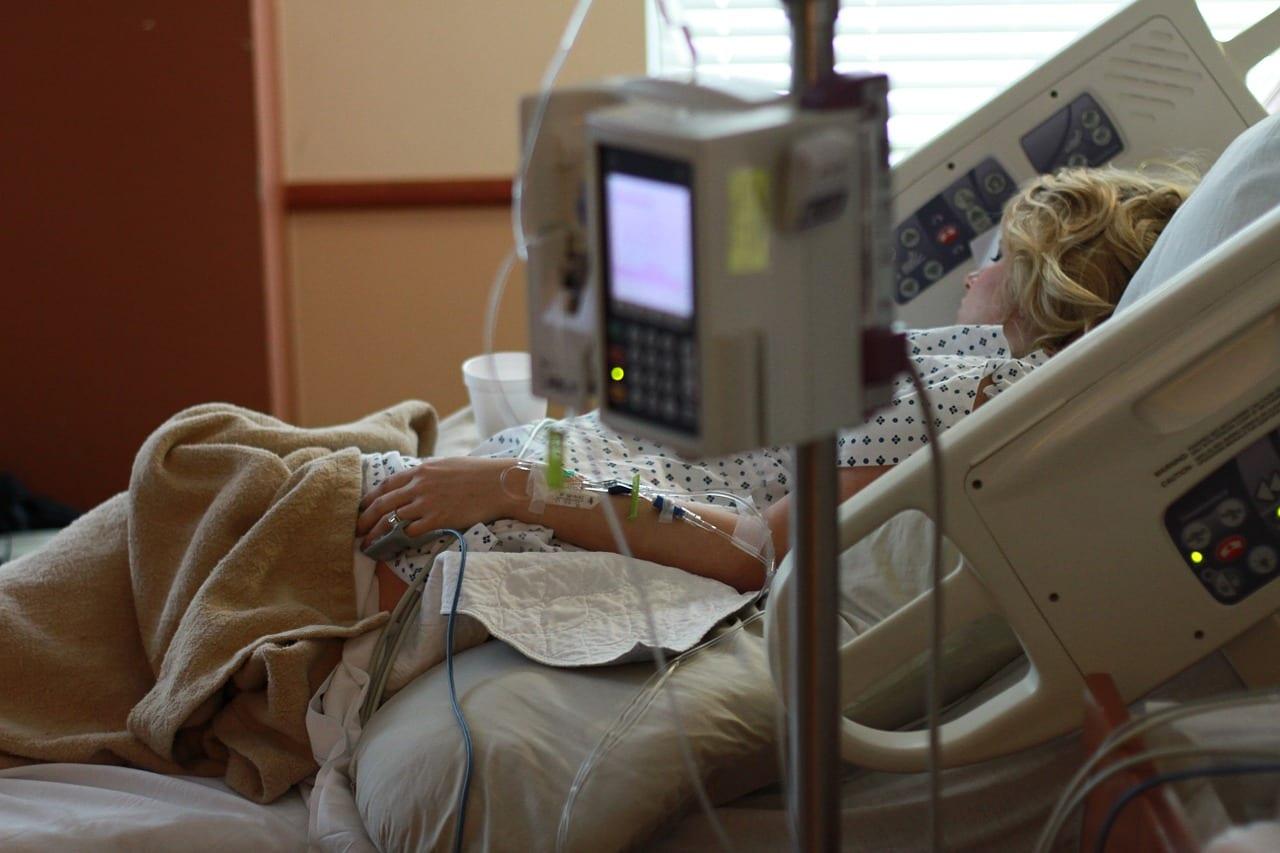LEICESTER, United Kingdom – Permission from a court will no longer be required to remove feeding tubes and hydration from patients in a permanent vegetative state in the United Kingdom, the UK Supreme Court said on Monday.
The Court of Protection had been consulted in such cases in the past, a process that can take months and even years, but now if both physicians and families agree, food and hydration can be removed.
“No one should underestimate the challenges placed on families and carers when a loved one enters a persistent vegetative state. Sustained pastoral support for them is essential. Artificial nutrition and hydration, however, are not treatment,” said Bishop John Wilson, an auxiliary for the Diocese of Westminster.
“They do not cure anything. In whatever way they are delivered, food and water for a person in a persistent vegetative state fulfill the same purpose as for any other person. They keep them alive as part of their basic care. They prevent death by malnutrition and dehydration,” the bishop said in a statement.
Wilson noted a person in a persistent vegetative state exists in an altered state of consciousness following an incident of trauma, and “are not dying as such but remain dependent on medical and nursing care.”
“The person breathes without assistance and follows patterns of sleeping and waking, although without any detectable external response,” he said.
A vegetative state differs from a coma: In a coma, the patient seems asleep, while in a vegetative state a person is awake but shows no signs of awareness.
According to the UK’s National Health Service, a person in a vegetative state may open their eyes, wake up and fall asleep at regular intervals and have basic reflexes, such as blinking when they’re startled by a loud noise, or withdrawing their hand when it’s squeezed hard. However, a person in a vegetative state doesn’t show any meaningful responses, such as following an object with their eyes or responding to voices.
The Catholic Bishops’ Conference of England and Wales addressed the question of artificial feeding and hydration in cases of patients in a persistent vegetative state in their 2004 teaching document Cherishing Life.
“There is a basic level of nursing care that is demanded by human solidarity. We all recognize that leaving a patient cold, unclean, in pain or without human contact for significant periods of time would fall below a decent standard of care. Within the health service, great efforts are made to maintain high standards in this area, despite the pressure of resources and limited staff. In general, providing food and fluids should also be considered basic care,” the statement said.
The document noted that when patients are in “the final phase of dying” they should not be burdened with excessively intrusive treatment, and the bishops admitted “efforts to place or replace a feeding tube may well be excessive or burdensome.”
“What is not morally acceptable is to withdraw tube-feeding, or other life sustaining treatment, precisely in order to end a patient’s life. This would cross the line from reasonable withdrawal of inappropriate treatment into the realm of passive euthanasia,” the document stated.
Wilson said patients in persistent vegetative states “are some of the most vulnerable in our society.”
“It is not an act of compassion to remove their food and drink in order to cause their death. Equally, it cannot be in a patient’s best interests, whatever their level of consciousness, to have their life intentionally ended. Our care for those in such situations is the test of our common humanity and our solidarity with some of the most fragile of our brothers and sisters,” said the bishop.
According to the BBC, there are around 1,500 new cases of trauma causing a persistent vegetative state each year in England and Wales, with about 3,000 of these patients alive at any moment.
The medical condition is still not completely understood, and last year a 35-year-old man in France regained consciousness after a new nerve stimulation treatment.















